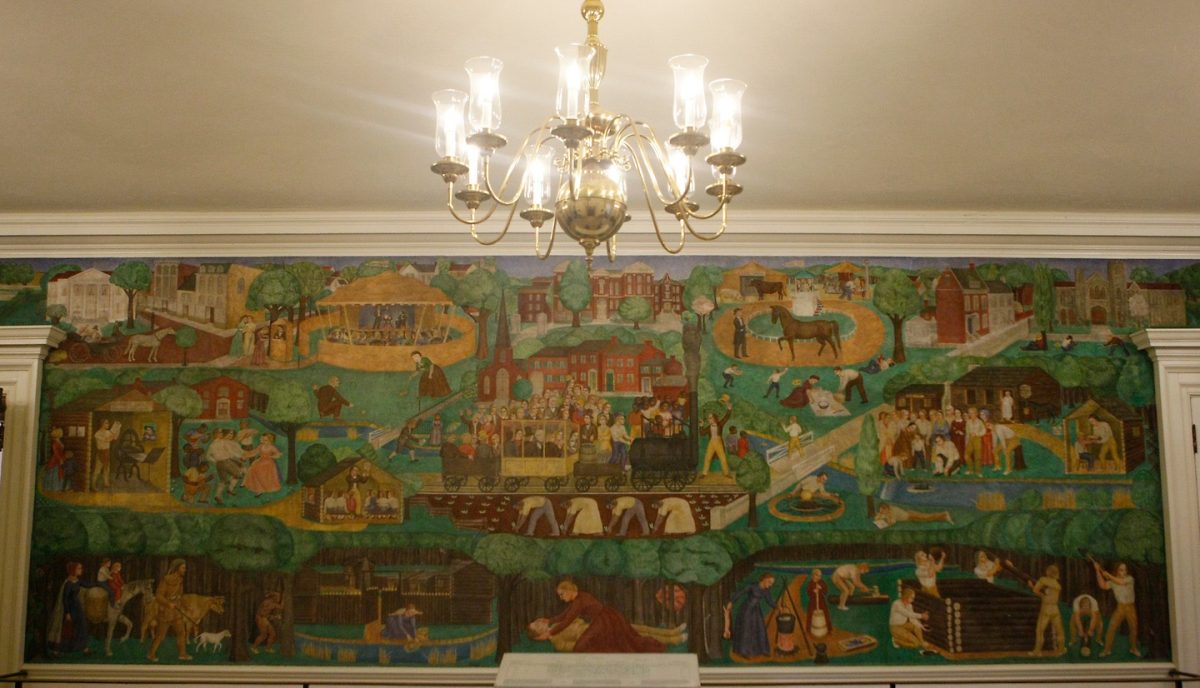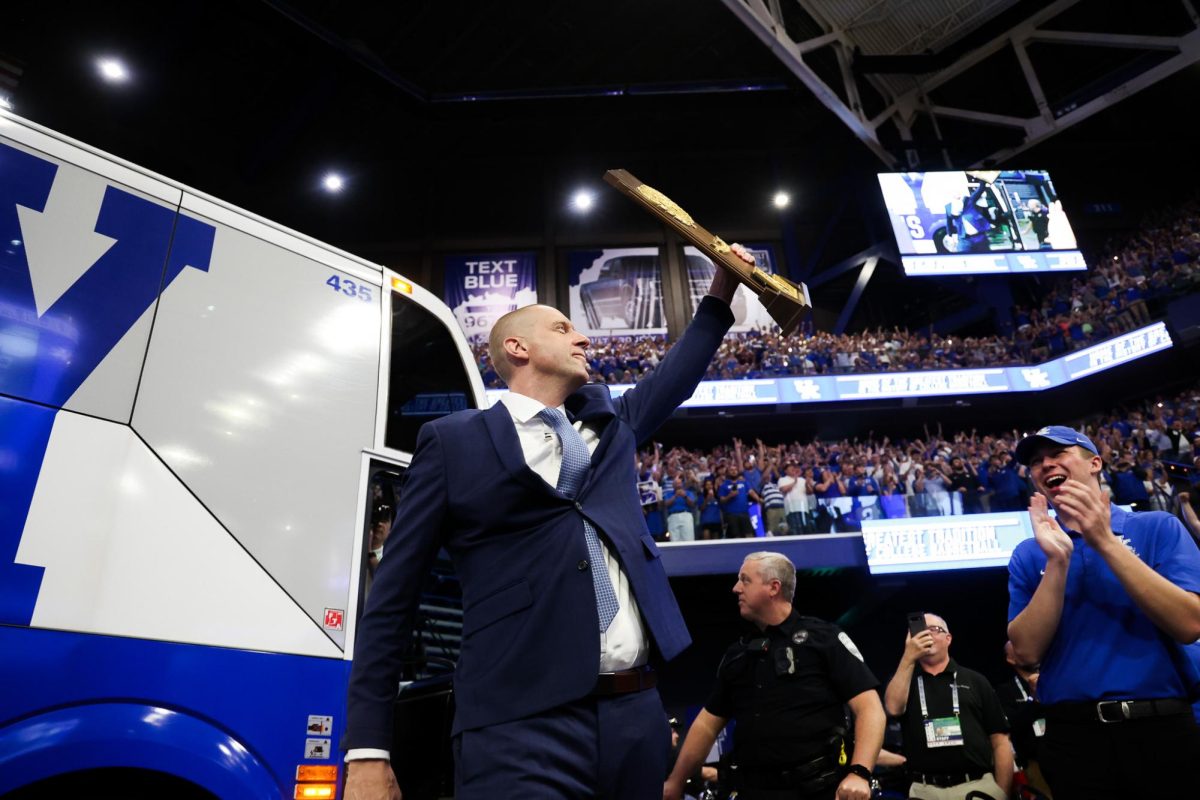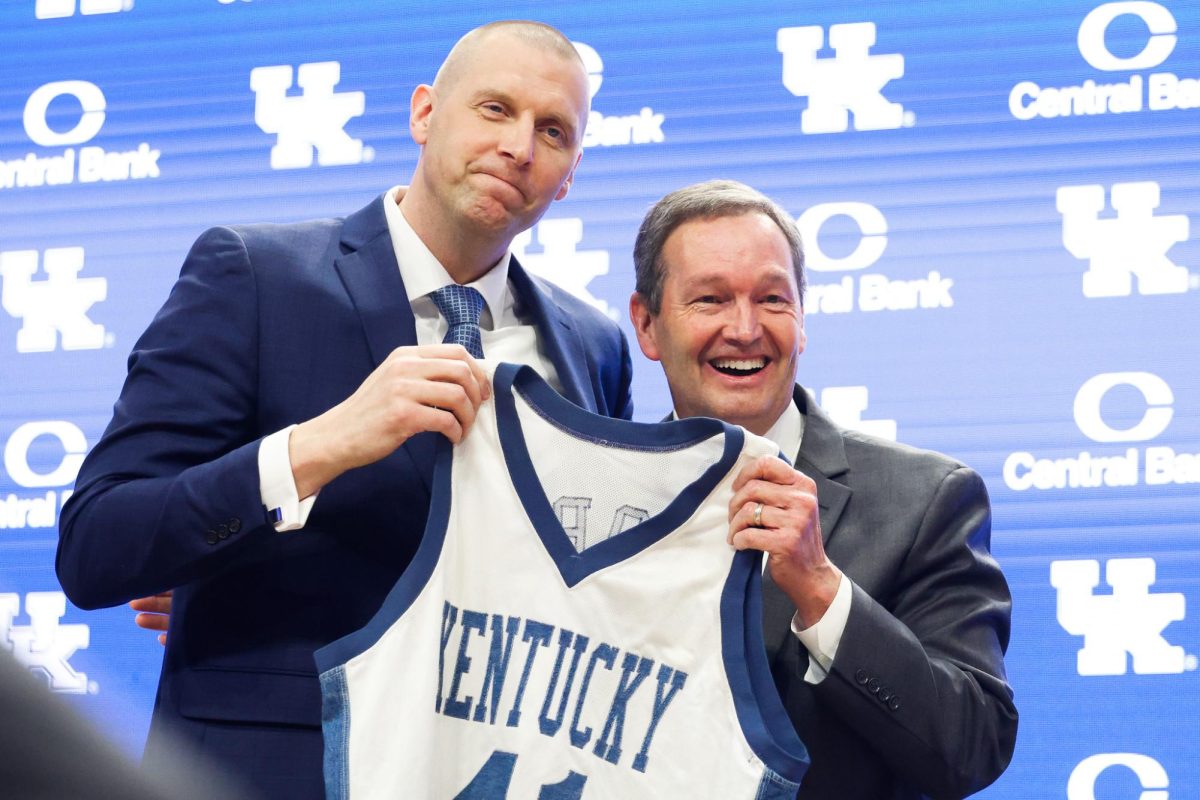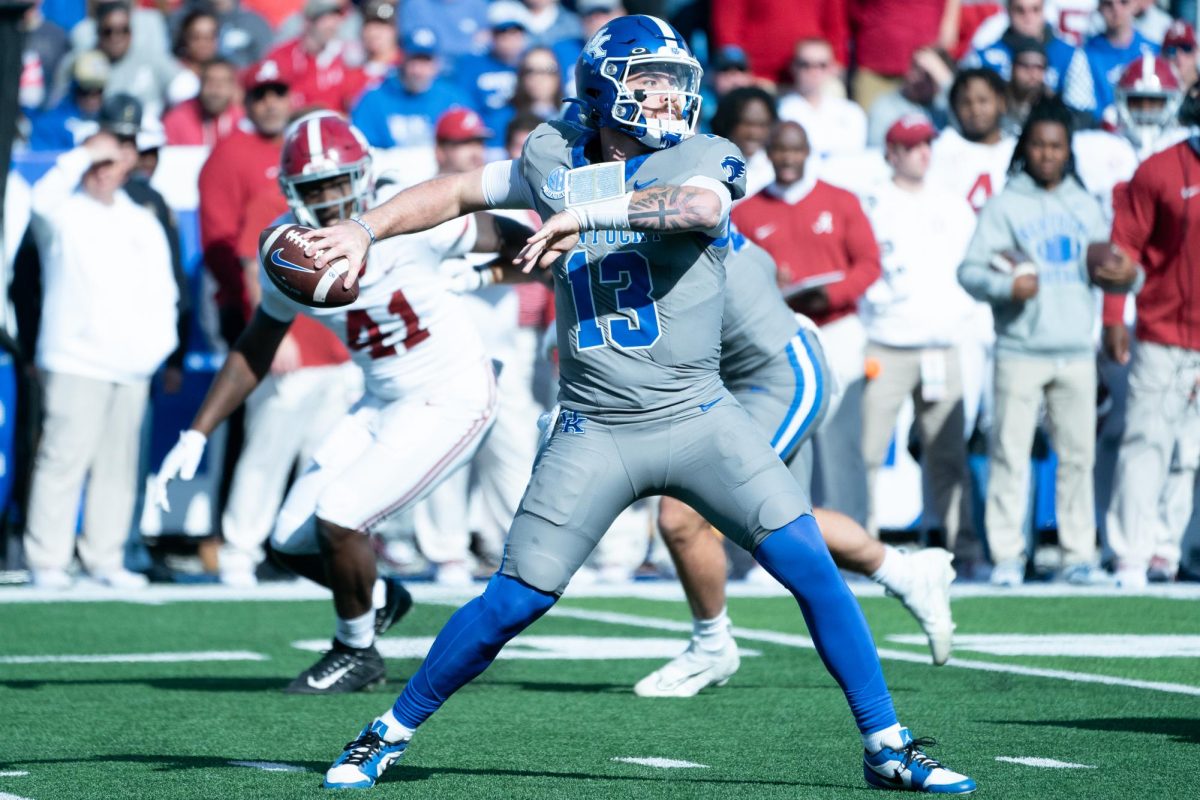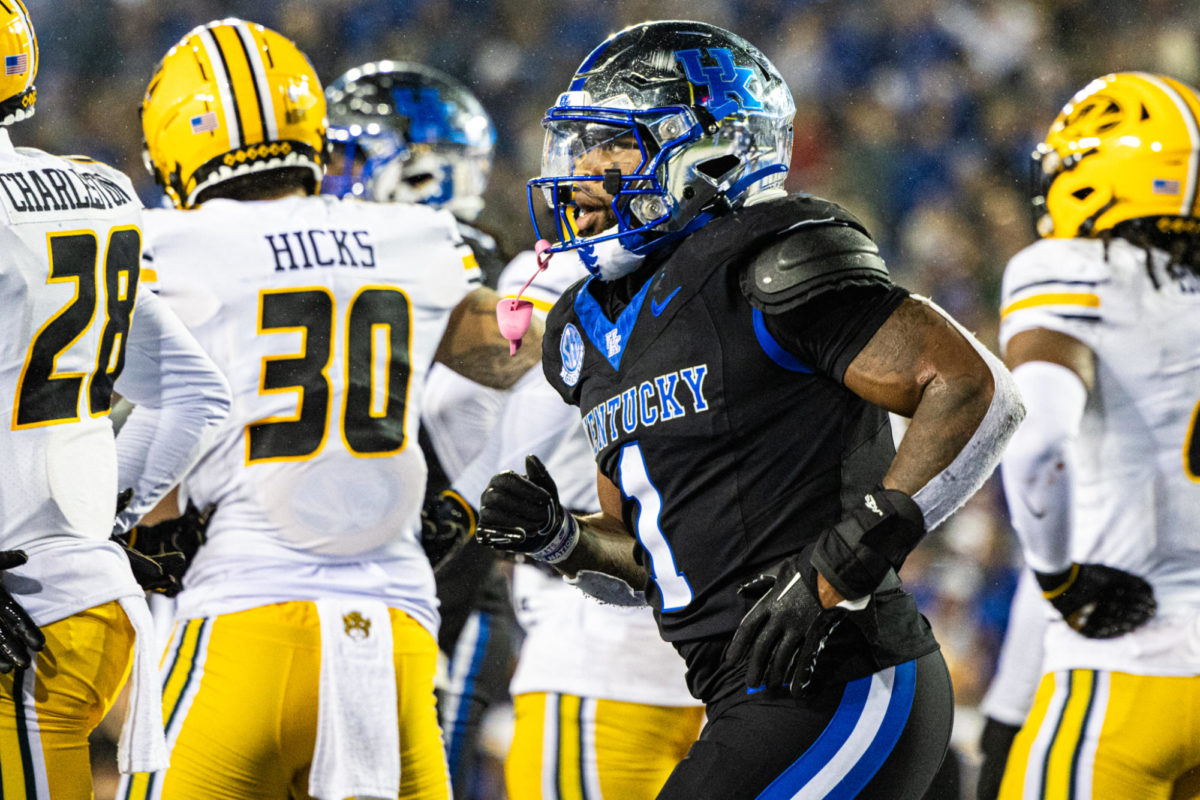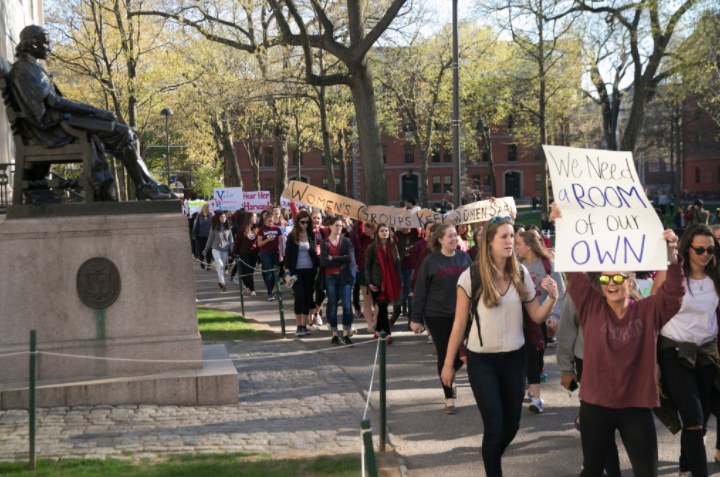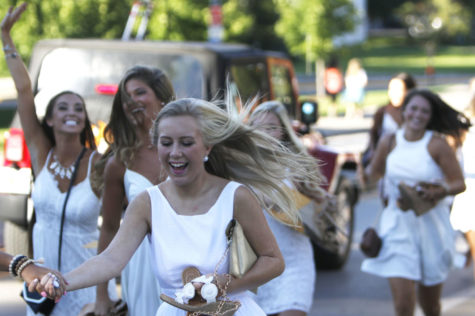Harvard increasingly against single-sex student organizations
November 14, 2016
In an effort to make student social life more inclusive and diverse, Harvard is proposing to get rid of all single-sex student organizations unaffiliated with the university, including those off-campus.
A report by The New York Times delves into a sector of these single-sex organizations, called “final clubs.” Final clubs at Harvard are ultra-exclusive, often male-only, secret societies that offer benefits like prestige, close bonds, and connections with powerful alumni. Former members of some of these clubs include Franklin D. Roosevelt, John F. Kennedy and T.S. Eliot.
Only six of these all-male final clubs remain at Harvard. They are seen by many as symbols of privilege, snobbishness and misogyny that are out of place on a campus that so values diversity.
Their parties are invite only, and the only nonmembers allowed in are female students deemed worthy by virtue of their physical appearance – or whether or not they’re a “Harvard 10” which combines measures of appearance, intellect and personality traits. Nonetheless, the process is viewed as an act of sexual entitlement that facilitates misogynistic attitudes in a time when sexual assault on campus is such a huge conversation.
The clubs, however, have plenty of defenders, particularly alumni and donors. Their main argument is that single gender spaces offer an escape-type environment where students can identify with people who are similar to them.
Women-only clubs share that rationale. They say that all-women groups act as safe spaces for female students.
“Female spaces are necessary sources of empowerment,” said Caroline Tervo, a member of one of these women’s clubs, in the article.
Starting with the class of 2021, members of these clubs – and possibly all single-sex organizations – will not be allowed to hold leadership roles in Harvard-sanctioned clubs and athletics, nor will they receive recommendations from the dean for top scholarships.
Some clubs have gone coed to comply, but many believe that Harvard’s stance should only target those that don’t align with the values expressed by the school rather than all single-sex clubs.
To read the full (and very interesting) article in The New York Times, click here.




